European mercenaries searching for black powder become embroiled in the defense of the Great Wall of China against a horde of monstrous creatures.
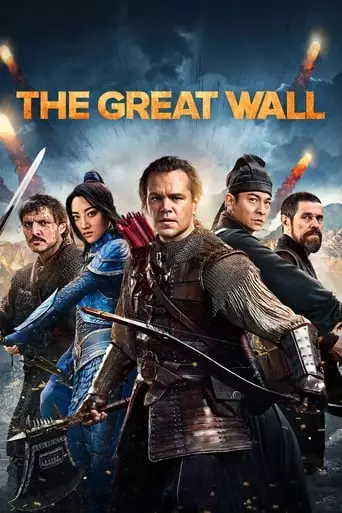
European mercenaries searching for black powder become embroiled in the defense of the Great Wall of China against a horde of monstrous creatures.
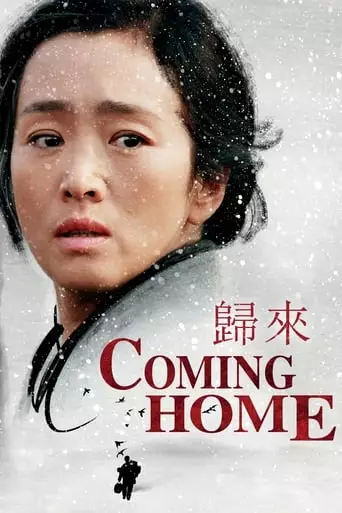
Lu and Feng are a devoted couple forced to separate when Lu is arrested and sent to a labor camp as a political prisoner during the Cultural Revolution. He finally […]
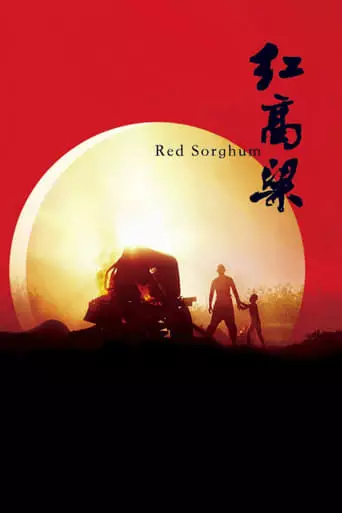
An old leper who owned a remote sorghum winery dies. Jiu’er, the wife bought by the leper, and her lover, identified only as “my Grandpa” by the narrator, take over […]
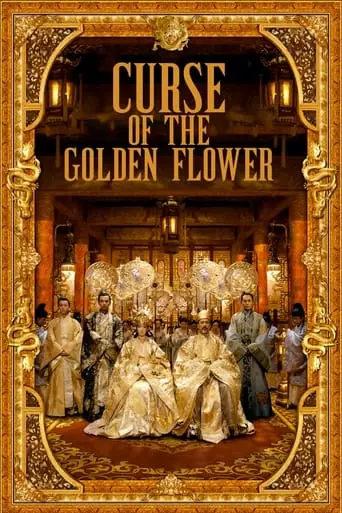
During China’s Tang dynasty the emperor has taken the princess of a neighboring province as his wife. She has borne him two sons and raised his eldest. Now his control […]
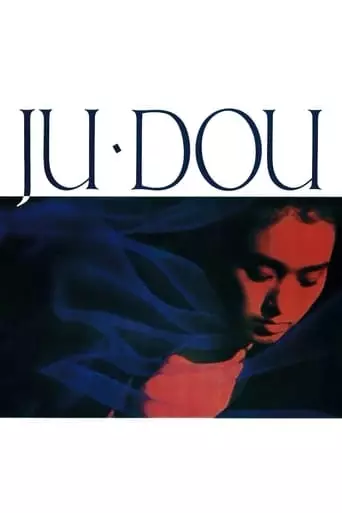
A woman married to the brutal and infertile owner of a dye mill in rural China conceives a boy with her husband’s nephew but is forced to raise her son […]
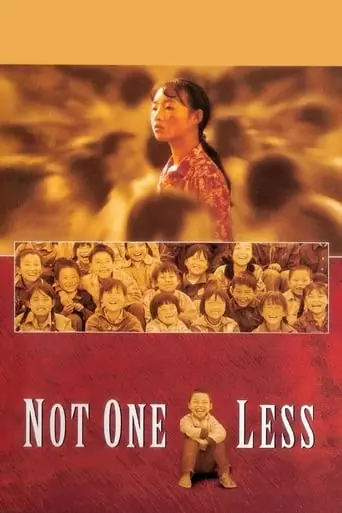
Set in the People’s Republic of China during the 1990s, the film centers on a 13-year-old substitute teacher, Wei Minzhi, in the Chinese countryside. Called in to substitute for a […]
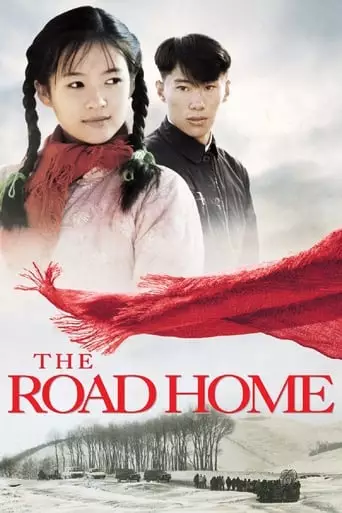
Prompted by the death of his father and the grief of his mother, a man recalls the story of how they met in flashback.
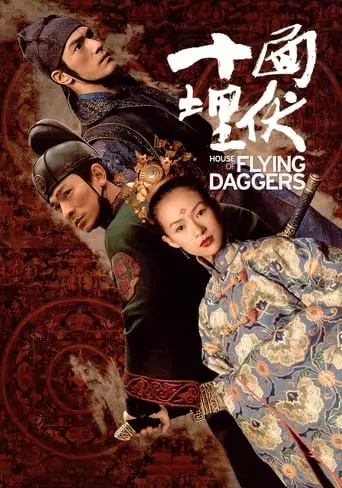
In 9th century China, a corrupt government wages war against a rebel army called the Flying Daggers. A romantic warrior breaks a beautiful rebel out of prison to help her […]
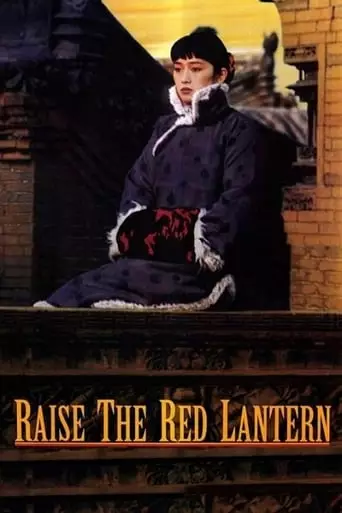
China in the 1920s. After her father’s death, 19 year old Songlian is forced to marry the much older lord of a powerful family. With three wives already, each living […]
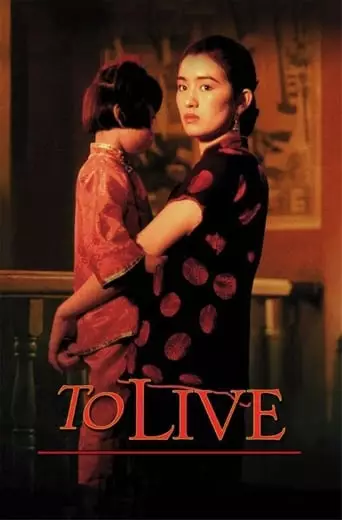
Fugui and Jiazhen endure tumultuous events in China as their personal fortunes move from wealthy landownership to peasantry. Addicted to gambling, Fugui loses everything. In the years that follow he […]
Zhang Yimou: A Maestro of Visual Splendor and Human Emotion
Zhang Yimou is one of China’s most acclaimed and influential filmmakers, celebrated for his ability to blend stunning visual artistry with poignant storytelling. With a career spanning over four decades, Zhang’s work explores themes of love, sacrifice, power, and the resilience of the human spirit. From intimate dramas to epic martial arts spectacles, his films have captivated global audiences and brought Chinese cinema to the forefront of international attention.
Early Life and Career Beginnings
Born on November 14, 1950, in Xi’an, Shaanxi province, Zhang Yimou came of age during a tumultuous period in Chinese history. His family’s background, considered politically undesirable during the Cultural Revolution, forced Zhang to navigate significant hardships. After working as a farm laborer and textile worker, Zhang pursued his passion for art and photography, enrolling at the Beijing Film Academy in 1978.
At the academy, Zhang was part of the “Fifth Generation” of Chinese filmmakers, a group that emerged after the Cultural Revolution to redefine Chinese cinema with bold storytelling and innovative visuals. Zhang began his career as a cinematographer, contributing to groundbreaking films like Yellow Earth (1984) by Chen Kaige before transitioning to directing.
Directorial Debut and Rise to Prominence
Zhang Yimou’s directorial debut, Red Sorghum (1987), was an immediate success, winning the Golden Bear at the Berlin International Film Festival. Starring Gong Li, a frequent collaborator, the film combined lush cinematography with a raw exploration of love, tradition, and resistance. It marked the beginning of a celebrated partnership between Zhang and Gong, who became a muse for many of his early works.
Hallmarks of Zhang Yimou’s Cinema
Visual Mastery
Zhang Yimou is renowned for his use of vivid color, meticulous composition, and symbolic imagery. Whether portraying the golden fields of Red Sorghum or the saturated greens and reds of Hero (2002), Zhang’s visual language is deeply expressive, often reflecting the emotional and thematic undertones of his stories.
Themes of Power and Resistance
Many of Zhang’s films delve into the struggles of individuals against oppressive systems, often set against the backdrop of historical or cultural upheaval. Raise the Red Lantern (1991) explores the brutal hierarchies within a wealthy household, while To Live (1994) examines the impact of political turmoil on an ordinary family.
Epic Scale and Intimacy
Zhang’s ability to balance intimate character studies with grand spectacle is unparalleled. Films like House of Flying Daggers (2004) and Hero showcase elaborate fight choreography and sweeping landscapes, while maintaining deeply personal narratives.
Key Films
Raise the Red Lantern (1991)
A poignant tale of a young concubine navigating the strict and oppressive rules of a feudal household, this film is one of Zhang’s most celebrated works. Its meticulous use of color and haunting depiction of power dynamics earned widespread acclaim, including an Academy Award nomination for Best Foreign Language Film.
To Live (1994)
Starring Ge You and Gong Li, To Live chronicles the life of a family across several decades of Chinese political upheaval, including the Great Leap Forward and the Cultural Revolution. The film’s humanistic approach and critical perspective won it the Grand Prix at Cannes, though it faced censorship in China.
Hero (2002)
A martial arts epic starring Jet Li, Zhang’s Hero is a visually stunning tale of loyalty, deception, and sacrifice. Its innovative use of color to represent different perspectives in the narrative set a new benchmark for wuxia (martial arts) cinema and earned an Academy Award nomination.
House of Flying Daggers (2004)
This romantic martial arts drama is celebrated for its breathtaking choreography, intricate costumes, and emotionally charged story. Its famous bamboo forest fight scene is a masterclass in blending action with artistry.
The Flowers of War (2011)
Starring Christian Bale, this war drama portrays the horrors of the Nanking Massacre through the eyes of a group of schoolgirls and prostitutes seeking refuge in a church. The film’s raw emotion and sweeping visuals highlighted Zhang’s commitment to telling stories of resilience amidst adversity.
Beyond Cinema
In addition to his work in film, Zhang Yimou has achieved global acclaim as a director of large-scale cultural events. He was the chief director of the opening and closing ceremonies of the 2008 Beijing Olympics, an awe-inspiring spectacle that showcased his talent for visual choreography and thematic resonance on a massive stage.
Zhang has also directed operas and live performances, further demonstrating his versatility and artistic vision.
Legacy and Influence
Zhang Yimou has played a pivotal role in elevating Chinese cinema on the global stage. His films have won numerous international awards and continue to inspire filmmakers worldwide. While his work often navigates the fine line between artistic expression and the constraints of censorship, Zhang’s commitment to exploring universal themes has ensured his enduring relevance.
Conclusion
Zhang Yimou is a cinematic visionary whose films transcend cultural boundaries, offering audiences stories that are as emotionally profound as they are visually stunning. From intimate dramas to epic historical sagas, Zhang’s work reflects the complexities of human experience while celebrating the power of art to illuminate and inspire. His legacy as one of the greatest filmmakers of his generation is firmly cemented in the annals of global cinema.